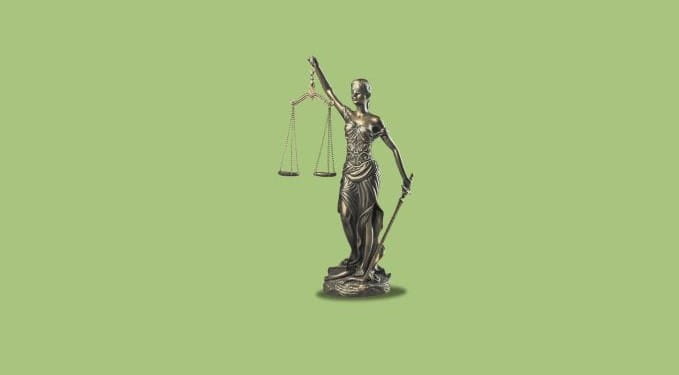About the programme
The course is self-directed learning and you will be awarded fours hours of verifiable CPD.
Cost
| Members | Free |
| Non-members | £260 + VAT |
Topics
-
Module 1: The raw material of judgment
On completion of this module you will be able to:
- Define what is meant by judgment and professional judgment.
- Identify the difference between professional scepticism and professional judgment.
- Explain the importance of judgment and its role in the audit process.
- Outline a framework for the judgment process.
- Describe the role of "knowledge and experience" as the first element of the judgment process and how to use them in making a judgment.
- Resolve or mitigate the potential issues when employing your own knowledge and experience in judgment making.
- Explain the role and importance of "trust" as the second element of the judgment framework.
- Identify who and what to trust in making a judgment.
- Resolve or mitigate the problems in identifying who and what to trust.
- Improve the justification of your trust in people and situations and reduce the risk of abuse of your trust.
- Define "awareness" – as the third element of the judgment framework and explain its significance in: taking in what people say, and what you see and read, when making a judgment.
- Describe the potential consequences of a lack of awareness when making a judgment.
- Use techniques to improve your own awareness to enhance your employment of judgment in future.
-
Module 2: The process of judgment
On completion of this module you will be able to:
- Define and explore what is meant by "feelings and beliefs" – the fourth element of the judgment framework.
- Use a range of techniques to resolve or mitigate any adverse effects your own feelings and beliefs may pose.
- Identify "motivated reasoning" in ourselves and others and how this affects the ability to be objective.
- Define "choice" – the fifth element of the judgment framework.
- Outline the process involved in making choices.
- Identify possibilities and issues in making judgments at speed, under pressure or using intuition/gut feel.
- Use a range of methods to improve your analysis of choices in making a judgment.
- Define "delivery", the sixth and final element in the judgment framework.
- Explain how the quality of assumptions, the management of risk, the robustness of resource planning techniques and the level of commitment are crucial to delivery not only in assessing the client's ability to deliver, but in the audit process.
-
Module 3: The FRC professional judgment framework
On completion of this module you will have:
- Explored the FRC guidance on professional judgment.
- Identified relationship between the FRC guidance and the previous modules.
- Reviewed links to the FRC's examples.
- Clarified the expectations of the FRC.
-
Module 4: Improving your own professional judgment
In this module, you will:
- Have the opportunity to apply judgment framework to a case.
- Be able to review the main pieces of advice on action to improve judgment from Modules 1 and 2.
- Be provided with further sources of information.
About the author
Professor Sir Andrew Likierman
Sir Andrew Likierman is Professor of Management Practice, London Business School and was previously Dean of the school between 2009 and 2017.
His research is in judgment in management and he has published on judgment in leadership, professions and the COVID-19 crisis.
He was non-executive Chairman of the National Audit Office and of market research firm MORI, and non-executive Director of the Bank of England and Barclays Bank.
He is now a Director of Times Newspapers Holdings and of insurance firm Beazley plc.




